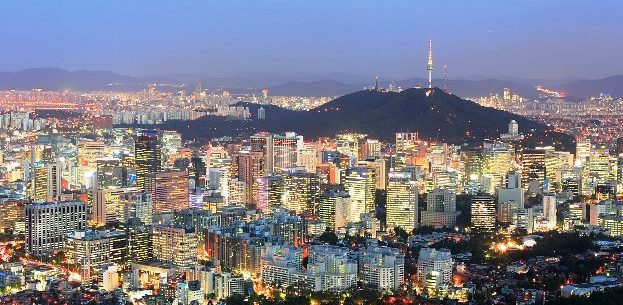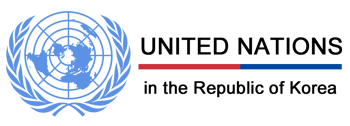
The Republic of Korea (ROK) has transformed itself from one of the most impoverished nations in the world into an economic powerhouse and an exemplar of liberal democracy over the past 69 years (1948-2017).
The Korean government policies resulted in real GDP growth averaging 10 percent annually between 1962 and 1994. This spectacular performance was fueled by annual export growth of 20 percent in real terms, while savings and investment rose sharply above 30 percent of GDP. The ROK is an exceptional example of an aid recipient turned a high-income country, with GNI per capita increasing rapidly from US$ 67 in the early 1950s to US$ 22,670 in 2012.
Now the world’s 15th largest economy, the ROK is the first former aid recipient to become a member of the Development Assistance Committee (DAC) of the Organization for Economic Cooperation and Development (OECD). Since joining the DAC in November 2009, it has become the 23rd largest donor in terms of its ODA as a percentage of GNI, and the 16th largest donor by volume for many years. It also took the chairmanship of the G-20 summit in 2010.
Furthermore, the ROK’s commitment to sustainable development, which started with the Earth Summit in 1992, constitutes an important baseline for the implementation of the 2030 Agenda for Sustainable Development in the ROK.
The adoption of the Third Basic Plan for Sustainable Development 2016-2035 (herein the Third Plan) in January 2016 constitutes a vital component of the ROK’s efforts to translate the Sustainable Development Goals (SDGs) into national policies and plans. A series of laws and regulations and a variety of governmental and non-governmental organizations for attaining sustainable development have developed in a mutually reinforcing way.
The Republic of Korea’s experience in sustainable development, providing infrastructure and better services to improve the lives of the people, and its transition to a dynamic knowledge economy, provides lessons that can benefit many other developing countries.
Sources: Korea.net, World Bank, 2016 National Voluntary Review of the Republic of Korea
